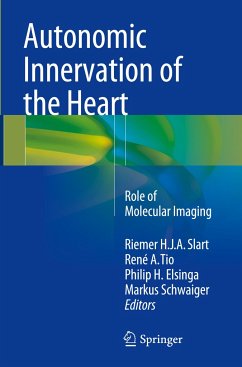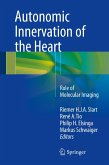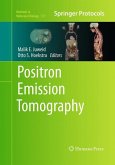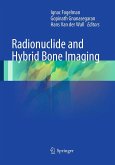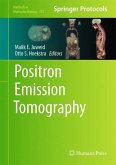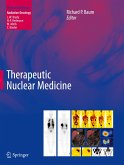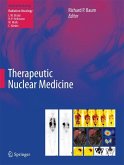This book explains in detail the potential value of the hybrid modalities, SPECT-CT and PET-CT, in the imaging of cardiac innervation in a wide range of conditions and diseases, including ischemic heart disease, diabetes mellitus, heart failure, amyloidosis, heart transplantation, and ventricular arrhythmias. Imaging of the brain-heart axis in neurodegenerative disease and stress and of cardiotoxicity is also discussed. The roles of the various available tracers are fully considered, and individual chapters address radiopharmaceutical development under GMP, imaging physics, and kinetic modeling software. Highly relevant background information is included on the autonomic nervous system of the heart and its pathophysiology, and in addition future perspectives are discussed.
Awareness of the importance of autonomic innervation of the heart for the optimal management of cardiac patients is growing, and there is an evident need for objective measurement techniques or imaging modalities. In this context, Autonomic Innervation of the Heart will be of wide interest to clinicians, researchers, and industry.
Awareness of the importance of autonomic innervation of the heart for the optimal management of cardiac patients is growing, and there is an evident need for objective measurement techniques or imaging modalities. In this context, Autonomic Innervation of the Heart will be of wide interest to clinicians, researchers, and industry.
"This book represents a qualified, extensive and updated book on the role of molecular imaging of the autonomic innervations of the heart, which can generate the interest of all the nuclear physicians, residents, cardiologists, neurologists, and basic scientists, and of all others who want to be introduced to a very intriguing new field of clinical applications, in which other knowledge and methodological improvements are needed to support a wider diffusion in clinical practice." (Valentina Piscopo and Luigi Mansi, European Journal of Nuclear Medicine and Molecular Imaging, March, 2016)

